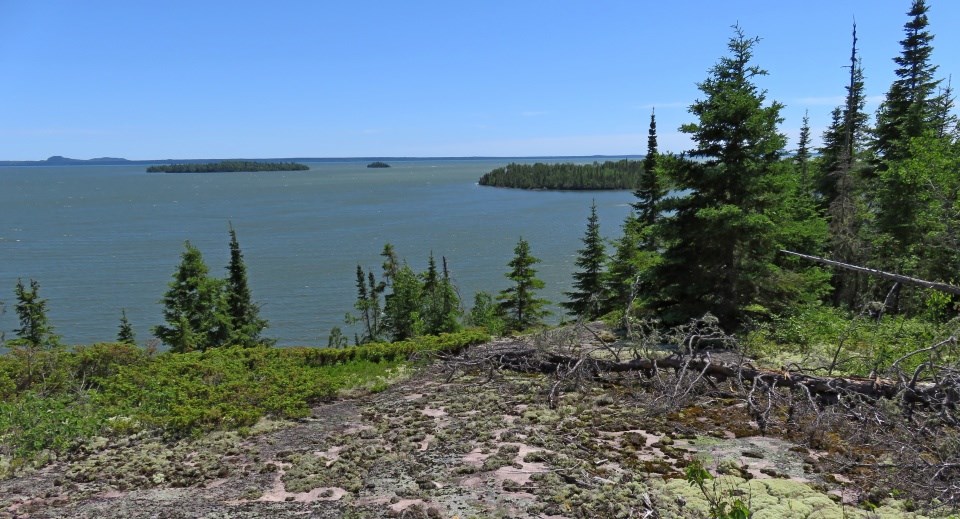THUNDER BAY — Another chunk of the Black Bay Peninsula — widely regarded as one of the most majestic wetland and forested areas in the world — has come under permanent protection from development.
The Nature Conservancy of Canada (NCC) announced last week it has acquired 191 hectares of the 50,000-hectare woodland located about 100 kilometres east of Thunder Bay.
The Toronto-based agency said it purchased the property in the Everard Road area from a private party for a total project cost of $174,000. The name of the seller was not disclosed.
"These protection efforts . . . help to create large, protected movement corridors for wide-ranging mammals," Nature Conservancy of Canada Northern Ontario director Kaitlin Richardson said in a news release.
"Coastal wetlands are rare on the north shore of Lake Superior, making the Black Bay Peninsula a special refuge for wildlife like moose, which depend on wetland habitat, especially during calving season," Richardson added.
The peninsula separates Black Bay and Nipigon Bay on Lake Superior.
Everard Road is a logging route, passable only in winter. Over the last 25 years, environmental groups like Ontario Nature have opposed proposals by forestry operators to build year-round access roads in the peninsula.
There are other protected areas on the peninsula, such as the provincial Black Bay Bog Conservation Reserve.
Including the added chunk in Black Bay Peninsula, the Nature Conservancy of Canada has control of over 9,100 hectares of protected lands in the Lake Superior region.
According to Ontario Nature, research has shown the Black Bay Peninsula to be "a massive carbon reservoir" with the ability to store about 33 million tonnes of carbon.
Nipigon Mayor Suzanne Kukko, who called the Nature Conservancy of Canada purchase "exciting," concurred Friday, saying the wooded swath "is of immense ecological importance."
"Development would mean loss of habitat and potential release of large amounts of carbon emissions," Kukko added.
The Chronicle Journal / Local Journalism Initiative
